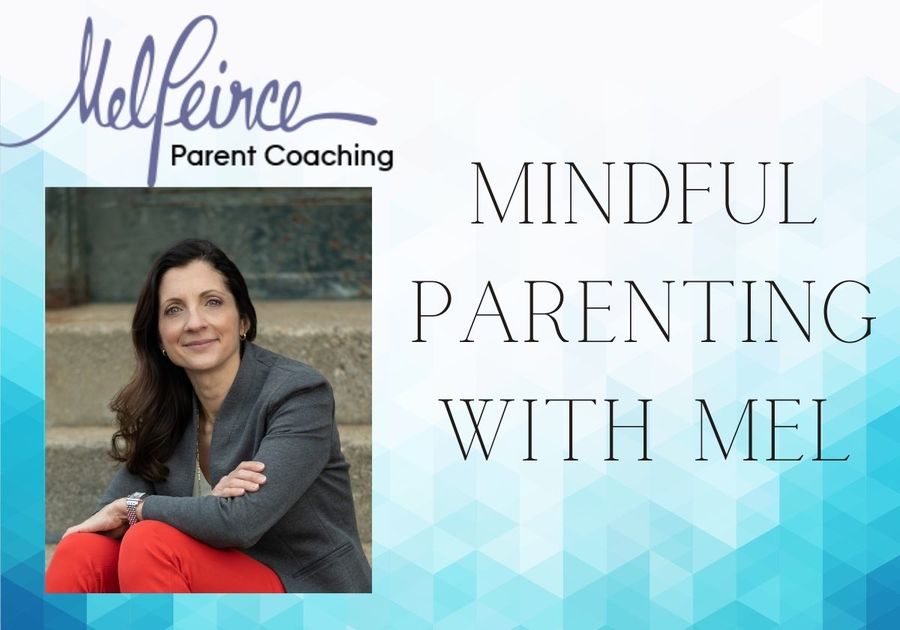As parents, we truly want what is best for our children, and we parent with a heavy emphasis on what experiences will best benefit our children based on our past experiences. We have ideas of what experiences they “should” have, and what we think they “should” be doing.
 | 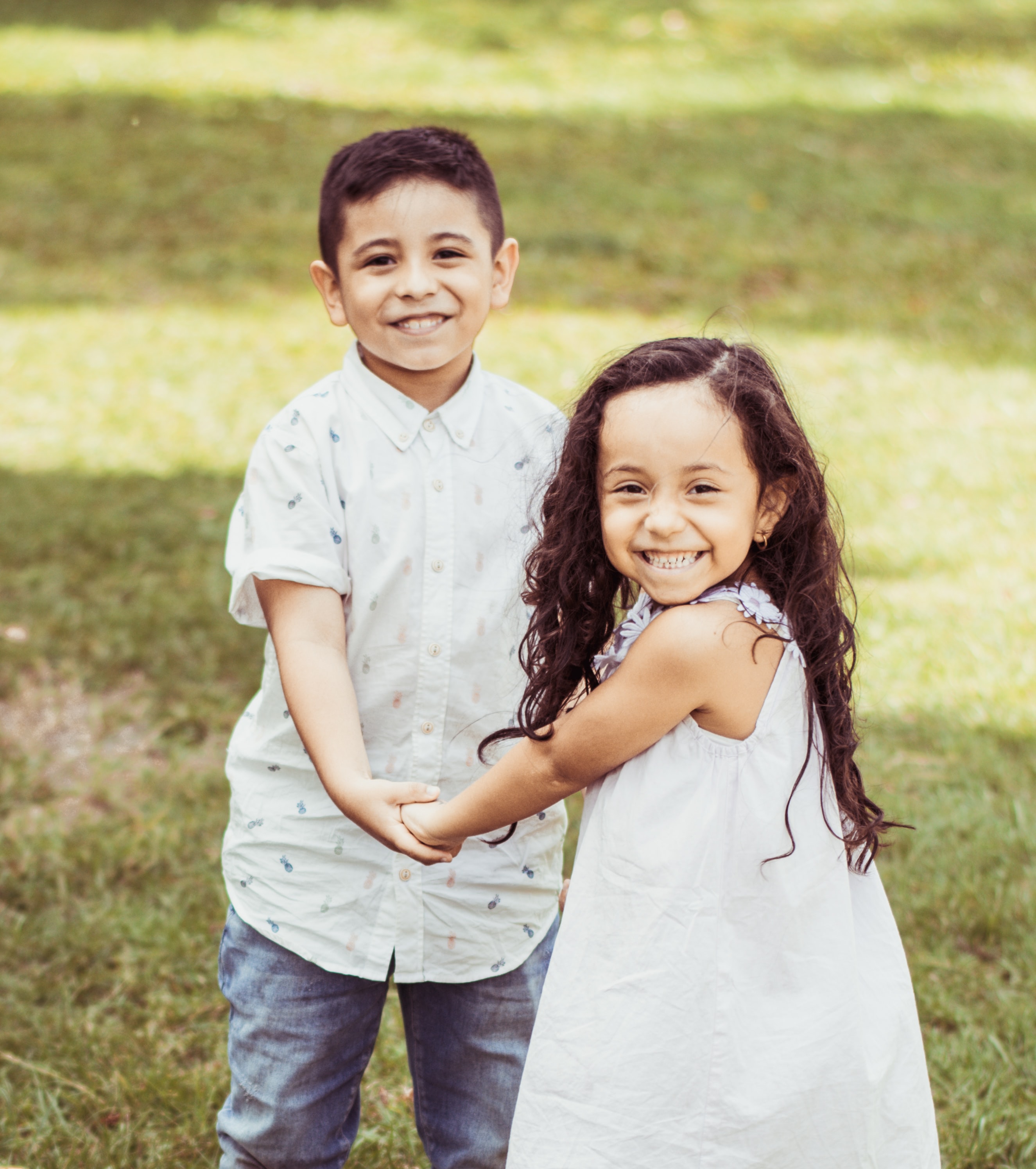 |
When they are little, we are working on instilling our values and teaching them a moral compass. It gets a little trickier as they grow and have opinions of their own, especially if their opinions and desires don’t match what we expect or want for them.
I bring this up because our childhood experiences, both positive and negative, can unknowingly affect what we want for our children and how we parent. As parents we truly want what’s best, but sometimes what we consider best is based on our prior programming, what we learned from our own parents or our own experiences from our childhood.
When we are trying to replicate a positive childhood experience or avoid a negative childhood experience for our kids based on our past, we start parenting with an agenda. When you parent with an agenda, you have an underlying plan of how you think things “should” be for your child, but consider that maybe your agenda is not what’s best for your child.
Let’s explore this a little further and see some of the areas where your personal agenda can show up in your parenting. Think back to your experience in school. Were you involved in a lot of activities and had a large circle of friends, and had a great experience? If you were, do you want the same for your children?
 |  | 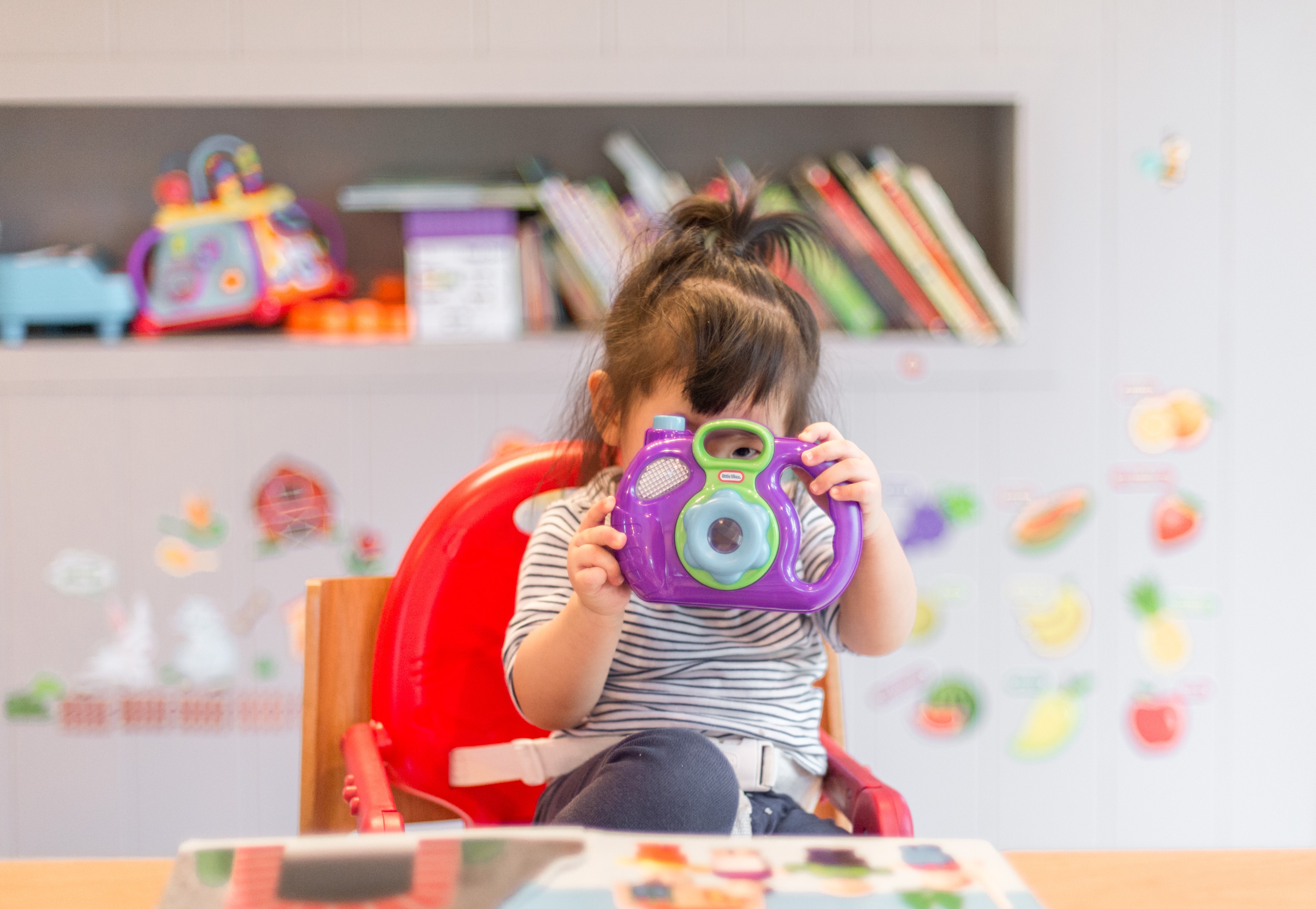 |
I recently coached a Mom whose daughter had just a couple very close friends, and no desire to participate in any extracurricular activities. The Mom has a very different experience in school, and saw her daughter’s school experience as a problem that needed to be fixed. She kept encouraging her to get involved and trying to influence her to expand her circle of friends, but it was creating conflict because her daughter didn’t want to. The Mom had a parenting agenda that her daughter should have a school experience that included lots of friends and activities. She was judging the experience that her daughter was having as wrong, and the Mom’s judgment was causing problems in her relationship with her daughter.
Now let’s look at the situation from a different perspective. What if your school experience included a lot of activities, and you knew a lot of people but didn’t have any really close friends? You looked at the other kids that had besties with envy. If that was what you experienced, you may have been absolutely okay with a daughter that had just a few really close friends and no interest in extra activities. You would then parent from a place of total acceptance and support because your child is experiencing what you missed, and what you desired.
Negative childhood experiences can sometimes have an even more powerful impact on our parenting agendas, as well as affect others in our family circle. I talked to a Mom recently who had not had enough food as a child. Because of this, feeding her children was her utmost priority. She always made sure that there was enough food in the pantry and freezer, her children had healthy and plentiful lunches, and she had dinner on the table at 6pm every single night. Unfortunately her agenda was so rigid and hyper focused on food, that her relationships with both her husband and her children suffered because of it.
Recognizing where you have a parenting agenda is important. Our kids more than anything want our approval. They either feel like they have to follow our agenda for them to receive it, even when it’s not right for them... Or they don’t follow our agenda but feel judged and ashamed and it creates a contentious relationship.
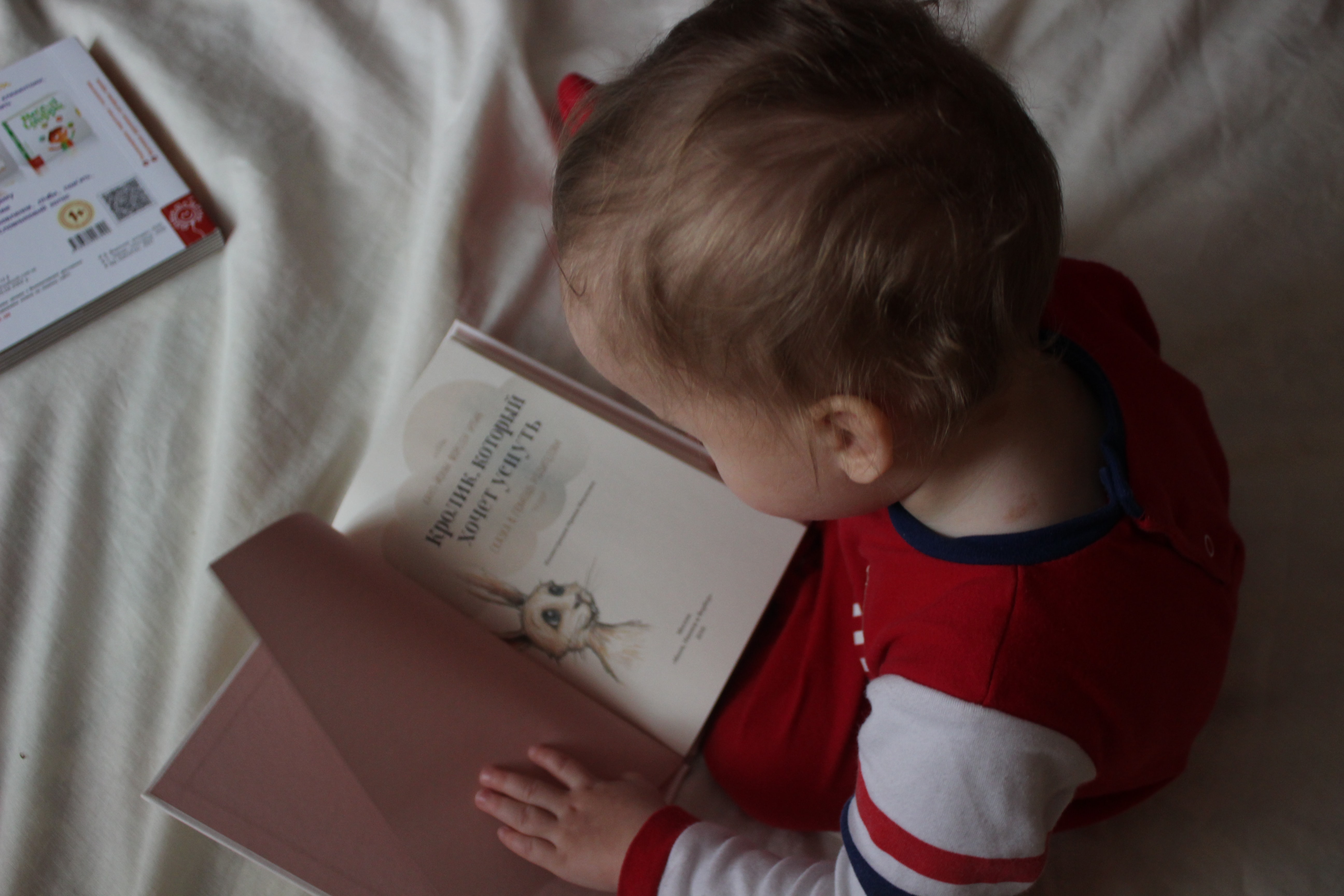 | 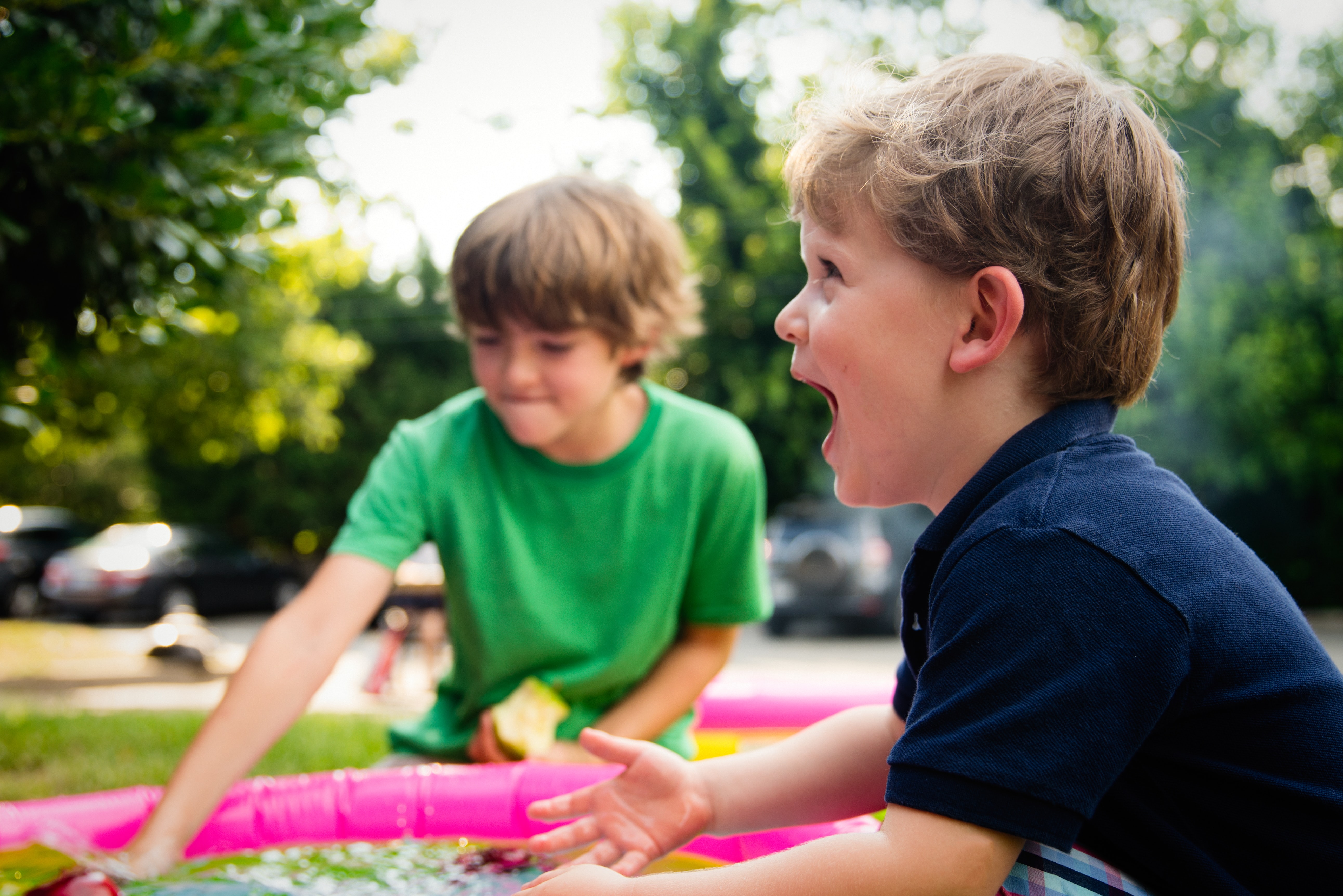 |  |
So I now invite you to look at all the places that you might have a parenting agenda. Sit down with a pen and piece of paper, consider both positive and negative experiences you had as a child, and start asking yourself questions. Here are a few to help you get started:
- Did you have any strong negative experiences where you didn’t have enough food, money, or even attention?
- Were you a straight A student, or socially awkward?
- Were you an athlete?
One way to identify where you may have an agenda is to look at the areas of your child’s life that you are judging as wrong or bad and ask yourself, “why is that a problem?”. For example - when I asked the Mom whose daughter didn’t have a big friend group at school why it was a problem, that’s when she realized that she wanted her daughter to have the same experience she did and that she “should” have more friends and be more involved. You can then ask yourself if your child is happy and thriving, even if they’re not living by your agenda.
In my experience, the best way to uncover parenting agendas and see how they are affecting your relationship with your children is to work with a coach. As parents we are too close to the situation. It helps to have an outside perspective to help us see where we have agendas, and someone that can show us how they are affecting both how we parent and our relationships with our kids.
Uncovering your parenting agenda is part of my Conscious Parenting Coaching Program. If you are having specific parenting challenges and want help figuring out if you have a parenting agenda that is causing an issue, I can help! Kids don't come with a parenting manual. Find out how a Parent Coach can help you with parenting challenges so you can parent confidently and have better relationships with your kids. Go to melpeirce.com/consult to book a free call and discover how a parent coach can help you.
You can also sign up for my workshop on How to Help Your Child Navigate Negative Feelings which I will be running again on June 23rd by visiting melpeirce.com/register. The workshop covers how to help your child deal with negative feelings, how you can best respond as a parent when your child is experiencing negative emotions, as well as other specific and actionable strategies that you can start using today to help you better connect with your kids.

